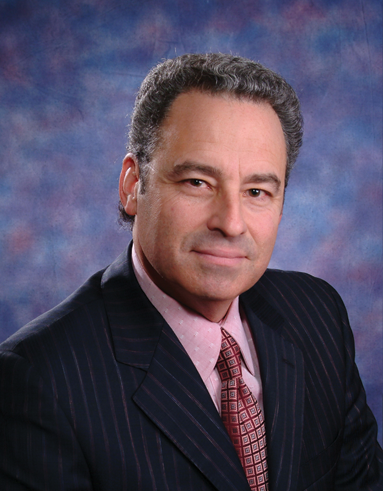LIVINGSTON, NJ, December 17, 2015 – In light of the Federal Reserve’s official announcement of an interest rate hike yesterday, Ken Uranowitz, president of Gebroe-Hammer Associates, offers the following commentary regarding how this move is expected to impact multi-family investments. This is the first time in over nine years the Fed is lifting rates thanks to a steadily growing economy. Since December, 2008, rates have hovered between zero and 0.25 percent.
“The interest rate increase has been anticipated for quite some time and has been essentially ‘built into’ rates already. This is particularly applicable to the past few months when the 10-year treasury ramped up almost 20-25 basis points, up to and including today, post announcement.
“At this time it is more of a milestone in the nation’s economic resilience, from one of the worst recessions in our history, rather than having any real impact on the multi-family industry, as a whole. While the cost of debt may increase ever so slightly with increased spreads, it will not dramatically affect apartment-building values or cap rates to any great extent. This is because record overwhelming demand for multi-family investments continues to outpace supply of for-sale product – and the gap is only widening. Market-rate rents throughout the New York/New Jersey metro area continue to escalate and will more than compensate for any increases in debt-service costs.
“Homeownership will become even more unattainable, not just from an economic impact but also, and perhaps more importantly, from a psychological vantage point. Simply put, the cost of home ownership just became more expensive yesterday along with continued strict lending standards for potential home buyers. This bodes well for multi-family since it strengthens an already strong tenant pool and creates conditions for it to magnify.
“Throughout the course of history – from recessionary to booming economies – apartment buildings have demonstrated their ‘investment stability and unwavering asset strength’ by consistently performing on the plus side of the balance sheet, rendering them the most favored commercial real estate investment.”
